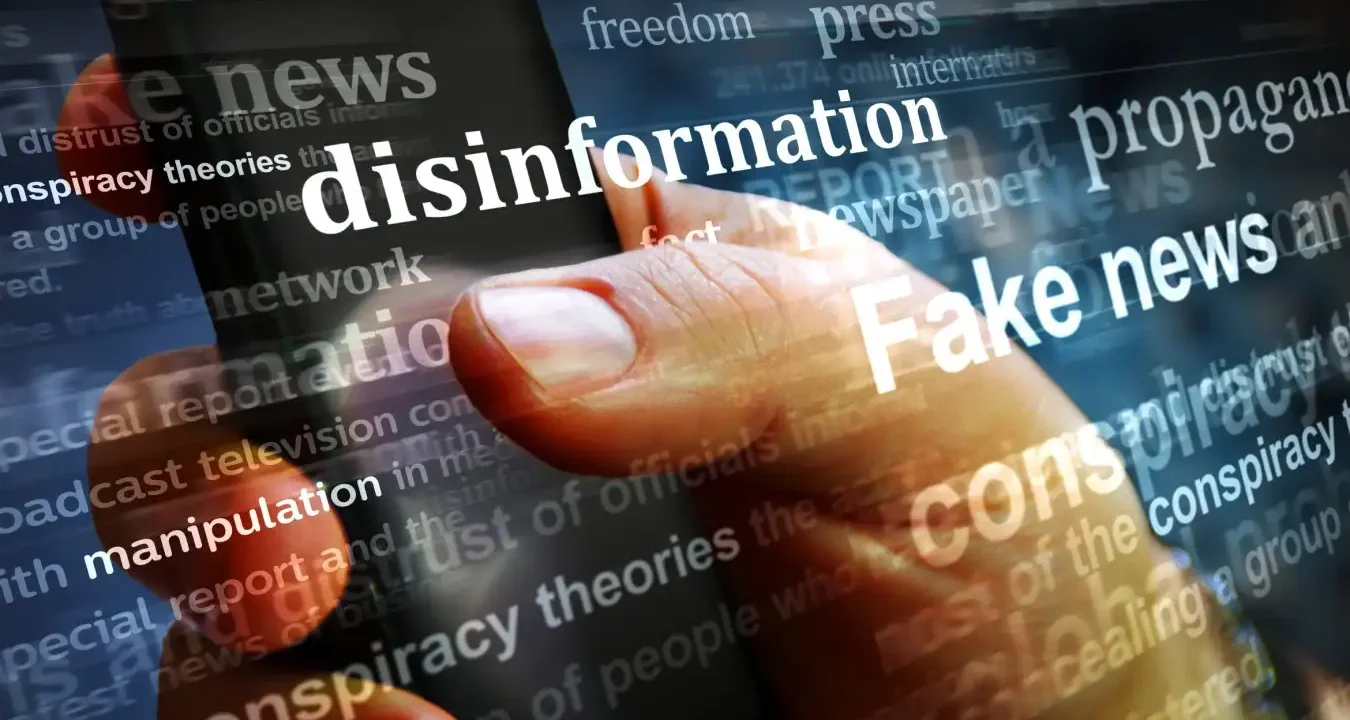
As global data increasingly shows that misinformation and disinformation rank among the world’s most pressing threats, Nigeria is emerging as one of the countries most deeply affected by the phenomenon.
A recent Pew Research Center global survey reveals that the spread of false information online is now perceived as a major threat across multiple regions an issue that experts say is particularly alarming for democracies like Nigeria, where digital platforms have become central to public discourse.
Nigeria’s information ecosystem has undergone a rapid transformation in the last decade. With over 122 million internet users and one of Africa’s most active social-media populations, the speed at which unreliable content circulates has grown exponentially. From election cycles to public health crises, false narratives have repeatedly undermined trust in institutions, inflamed political tensions, and fueled social divisions.
Experts warn that disinformation is no longer merely a “tech problem” but a multidimensional crisis that touches every part of society. Analysts say that in Nigeria, misinformation has been used to manipulate voters, discredit political opponents, incite ethnic tensions, and spread panic during emergencies. The proliferation of WhatsApp groups, anonymous accounts on X (formerly Twitter), and unregulated online news pages has made verification increasingly difficult for the average citizen.
During election seasons, the problem reaches a peak. Political actors, influencers, and coordinated online networks often deploy misleading images, fabricated quotes, and manipulated videos—creating confusion and shaping public opinion in real time. Media scholars caution that this fuels polarization and erodes confidence in democratic processes.
Public health has not been spared. During the COVID-19 pandemic and subsequent vaccination campaigns, Nigeria witnessed waves of false information ranging from conspiracy theories to anti-vaccine propaganda. The consequences were tangible: reduced vaccine uptake, community resistance, and increased pressure on an already strained health system.
Security analysts also point out that misinformation contributes to conflict escalation. Rumors shared on social media have been linked to communal clashes, mob violence, and heightened tension in regions affected by insurgency or banditry. In an era where a single viral message can trigger unrest, the stakes are increasingly high.
To counter this growing threat, experts are calling for coordinated action involving government regulators, tech companies, media organizations, and civil society. Digital literacy programs, fact-checking initiatives, content moderation reforms, and stronger penalties for malicious actors have all been proposed as necessary tools for safeguarding Nigeria’s information environment.
As the global debate continues, one reality is clear: in Nigeria, misinformation is not just an online nuisance it is a national challenge with political, economic, and security implications. The need for urgent, strategic intervention has never been greater.




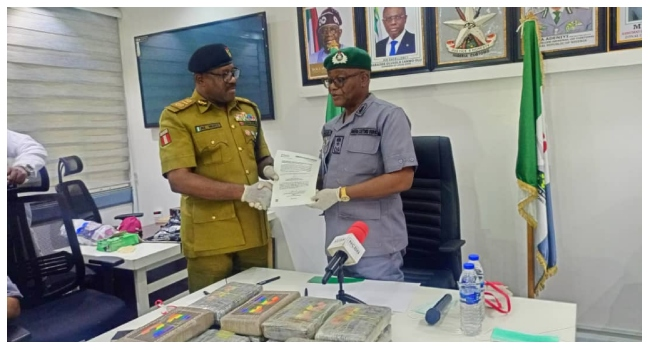
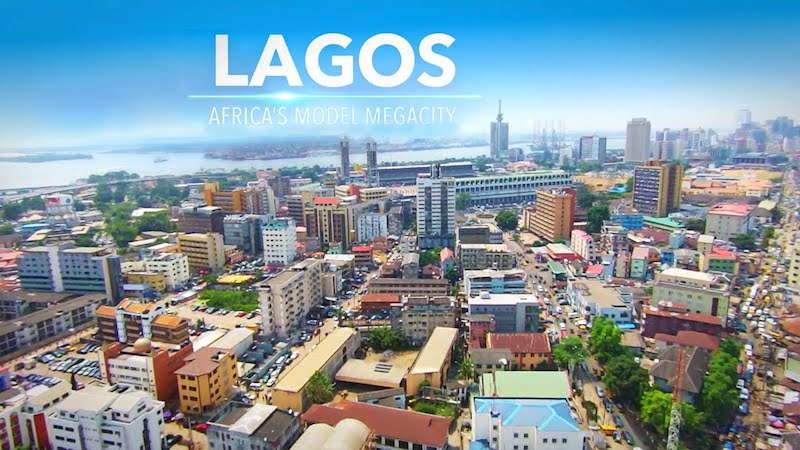
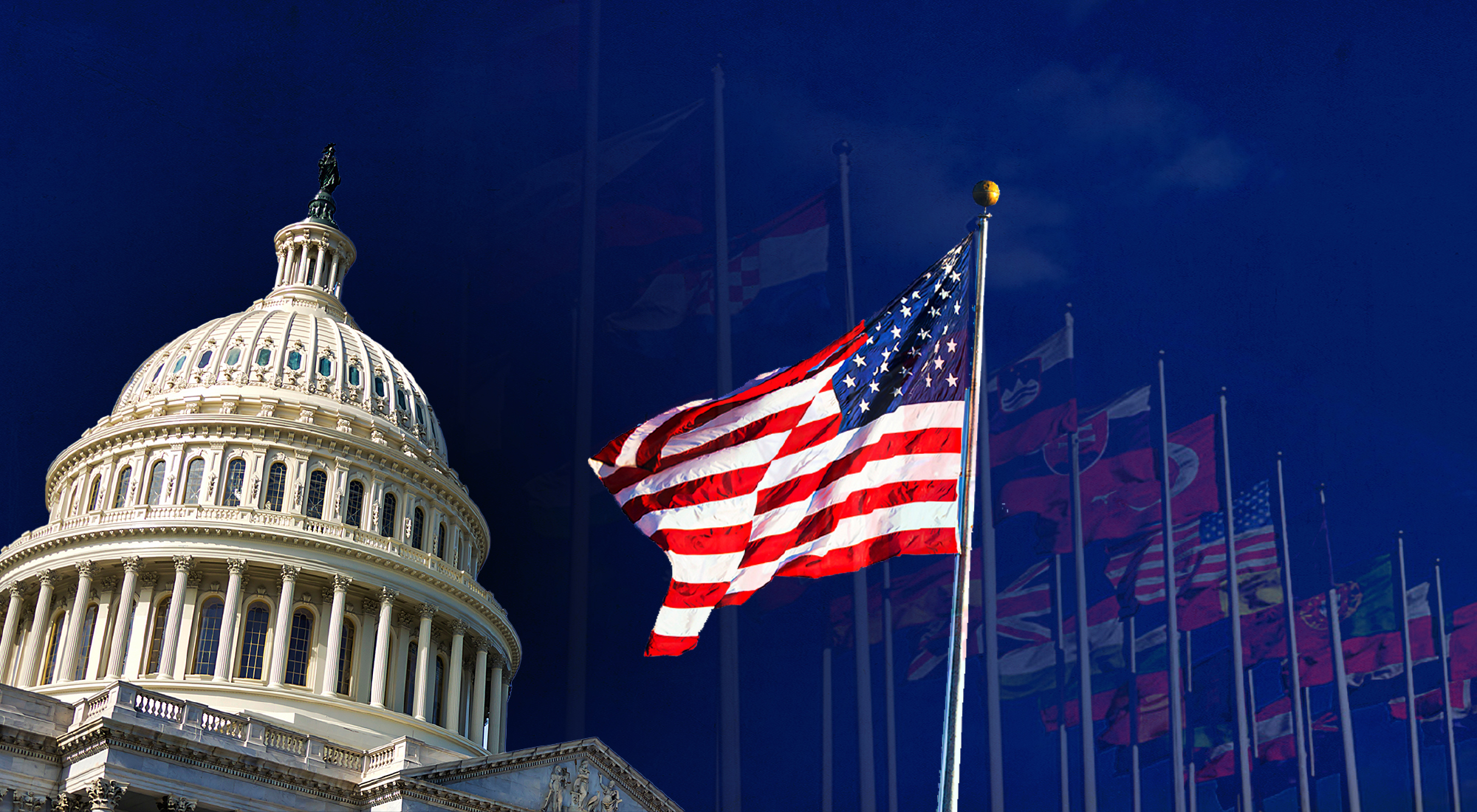
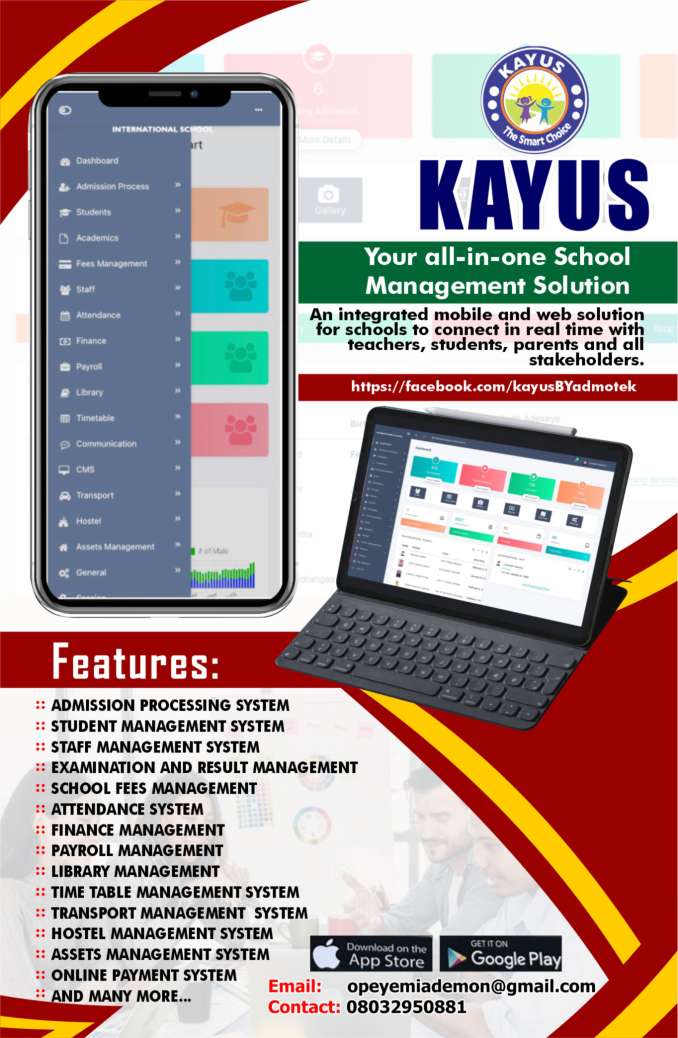
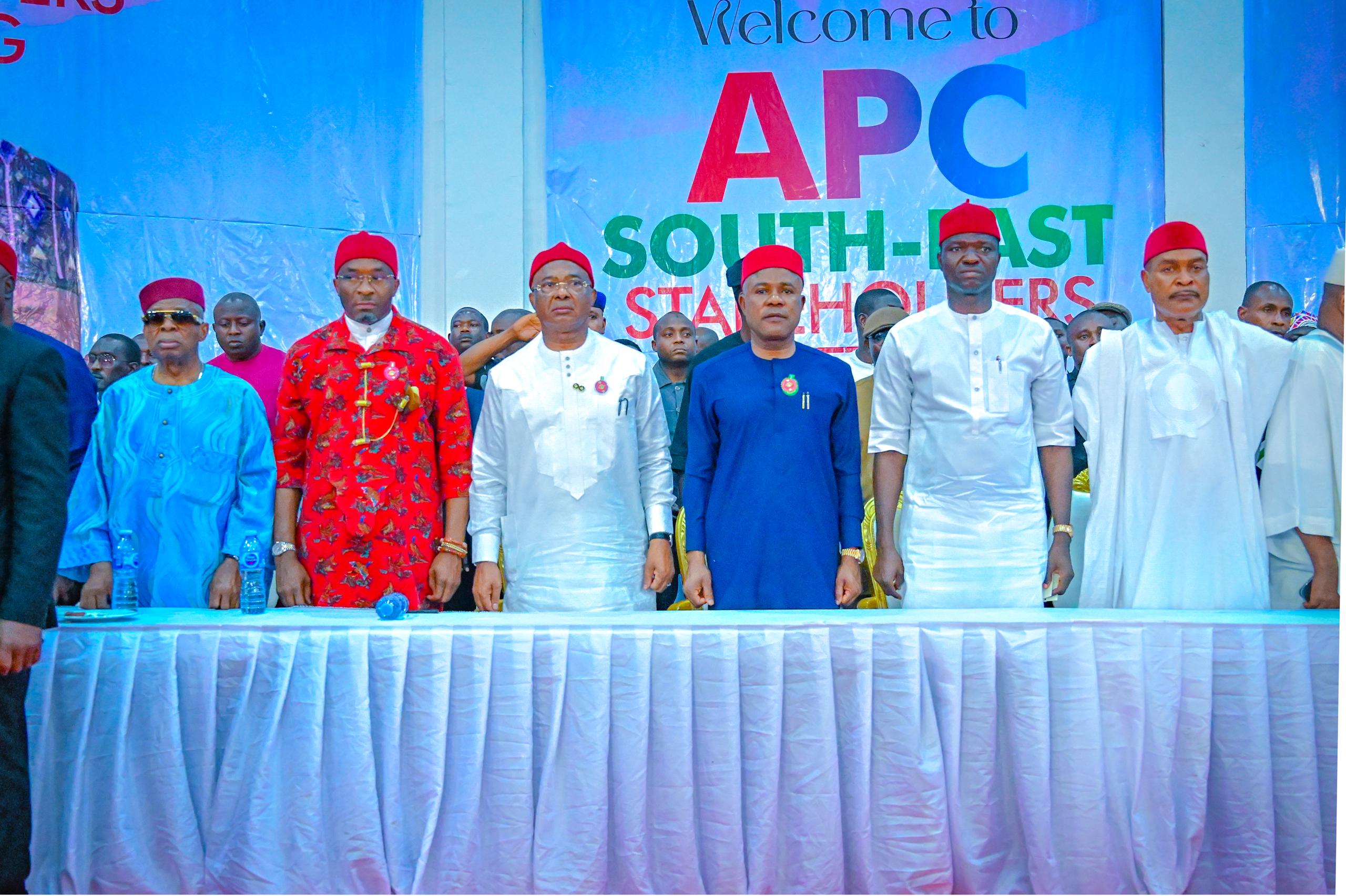



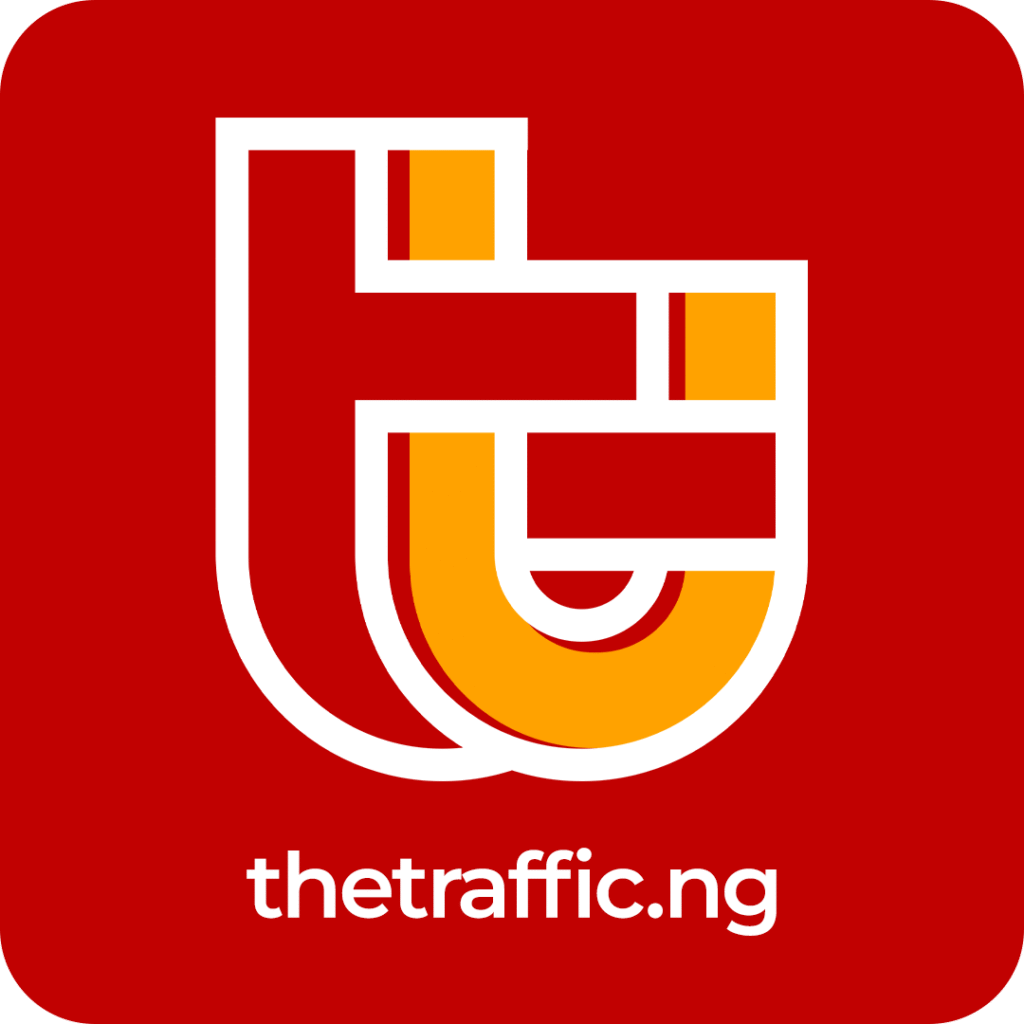
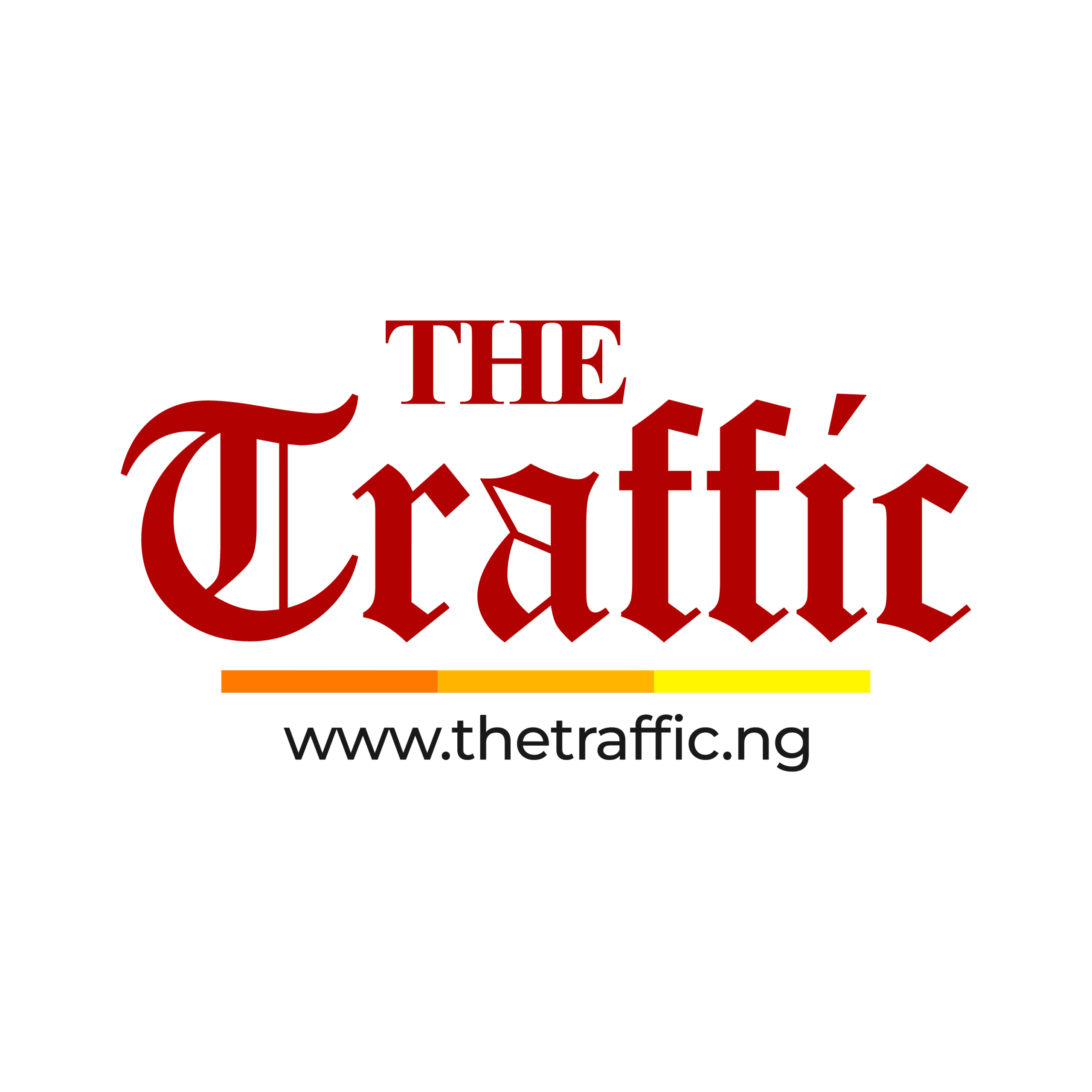
No Comments